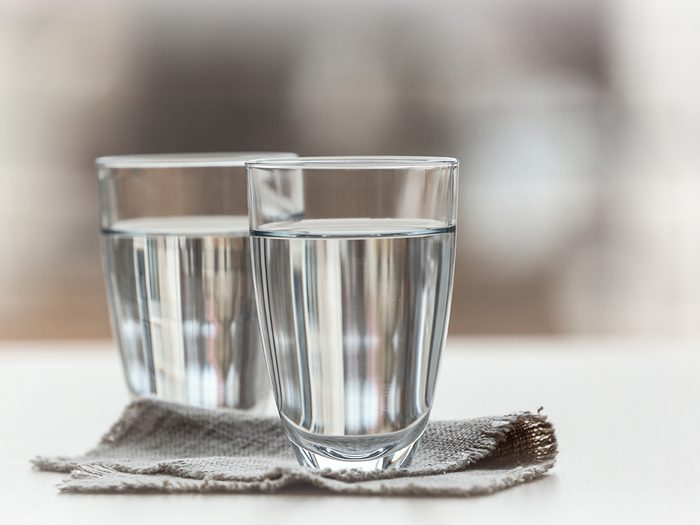
Drink at least eight glasses of water a day
When experts comb through the research, they can find no evidence that supports this claim. The best advice for staying hydrated is to drink frequently throughout the day, even if you’re not thirsty.
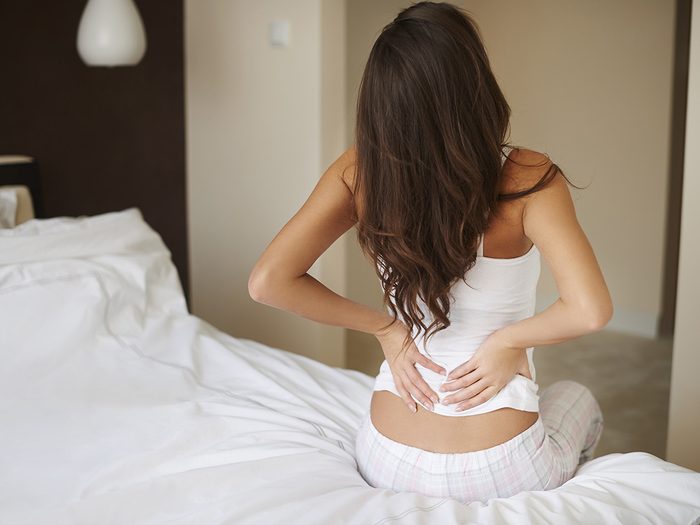
Rest is best for back pain
Doctors still hand out this advice — but it’s been decades since bed rest was prescribed for back pain. The American College of Physicians now recommends that doctors and patients should treat low back pain with non-drug therapies like heat, massage, tai chi, yoga, acupuncture, or spinal manipulation (chiropractic), and over-the-counter pain meds. And patients should try to stay active — like doing these five stretches that can ease back pain.
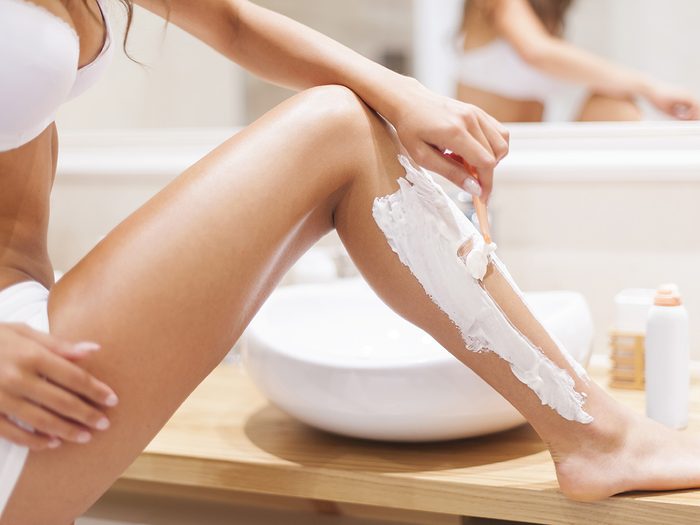
Shaved hair grows back faster, coarser, and darker
Yeah, no: Shaving hair doesn’t change its thickness, color, or rate of growth, according to the Mayo Clinic. Shaving facial or body hair gives the hair a blunt tip. The tip might feel coarse as it grows out, which can make it more noticeable or appear thicker or darker. But it’s not.
Just what exactly is the difference between men’s and women’s razors?

Eating turkey makes you drowsy
Although an amino acid in turkey called tryptophan is known to cause drowsiness, turkey doesn’t contain any more of it than chicken or beef does. In fact, nuts and cheeses contain more tryptophan than turkey. The reason you’re nodding off on the couch has more to do with the quantity of food you just ate. If you’re looking for foods that will help you sleep, try these diet tips.

Cell phones are dangerous in hospitals
OK, there’s a grain of truth to this one: Hospital cell phone use hasn’t caused a death as far as anyone knows, but the devices have set off alarms on monitors, triggered false readings on cardiac monitors, and caused malfunctions in infusion pumps. In one study, researchers found that cell phones interfered with about 4 per cent of medical devices — but only when the phone was within three feet. But another study involving 300 tests in 75 hospital treatment room detected no interference.
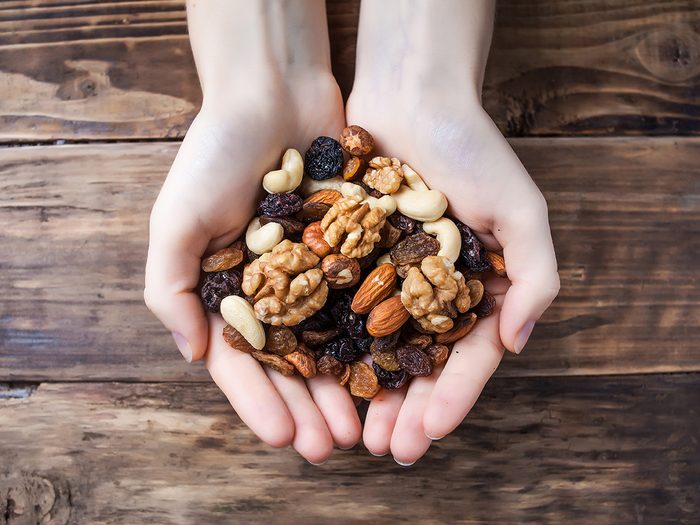
Don’t eat nuts when you’re pregnant
The American Academy of Pediatrics actually recommended this as recently as 2000 as a way to stop nut allergies. Yet by 2007 the number of peanut allergy cases tripled in the United States. So, the medical community reexamined its recommendations. The AAP rescinded its recommendation in 2008. In fact, a recent study from Boston Children’s Hospital posted in JAMA Pediatrics found that increased peanut consumption by pregnant mothers who weren’t allergic to nuts was associated with lower risk of peanut allergy in their kids. So, as long as you aren’t allergic to peanuts, studies have found that there’s no reason to avoid them during pregnancy.
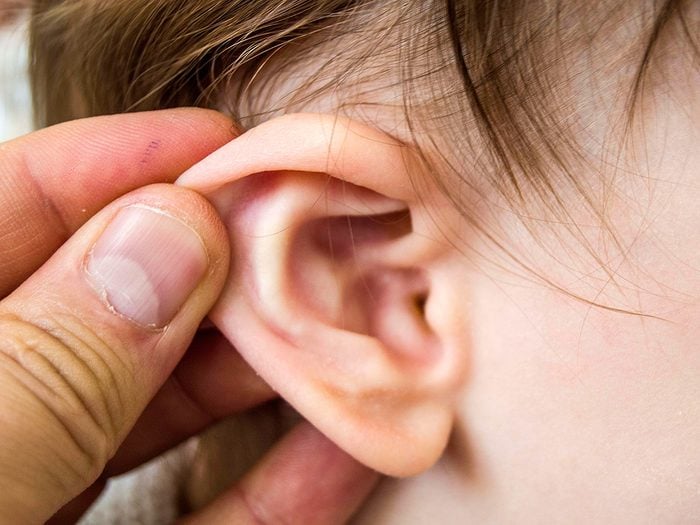
Kids with ear infections need ear tubes
Not so fast: Recent research suggests that while tubes do help hearing and ease pain — providing much-needed relief for children and worried parents — the tubes don’t make a difference in a child’s ability to develop speech, hearing or language.
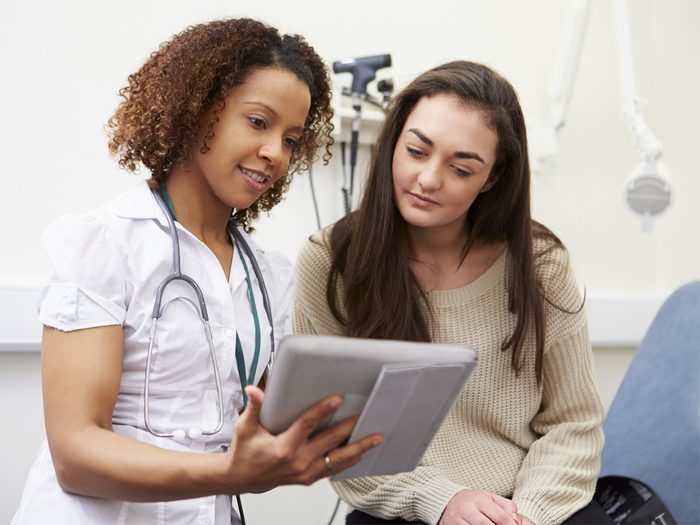
Stroke is only an issue for the elderly
A 2016 study of New Jersey hospitalizations published in the Journal of the American Heart Association reveals that the incidence of stroke has more than doubled in people between the ages 35 to 39 over the last decade. A 2017 study in JAMA Neurology found the highest increase was among women between 35 and 44 — the group suffered a 42 per cent jump.
Still, the elderly are at risk for stroke and many other complications. Here’s what you need to know about taking care of your aging parents.
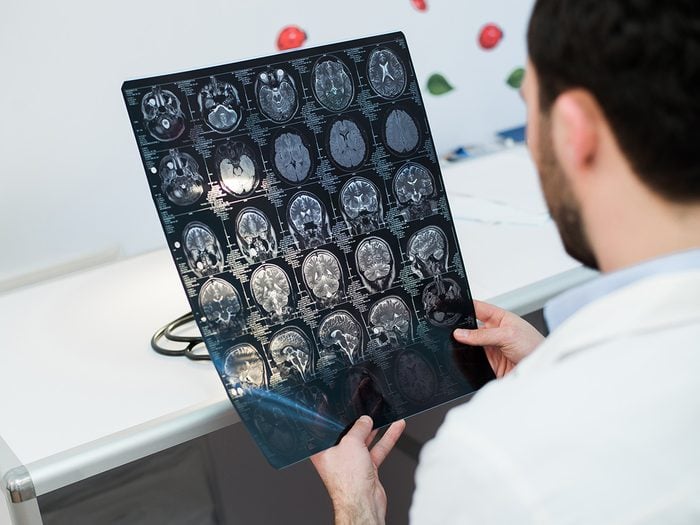
We use only 10 per cent of our brains
Everyone’s heard this one, but it’s flat wrong: We use all of our brain, and most of our mind is active throughout the day, says Scientific American — even when you’re sleeping.
These are the shocking ways that menopause can affect your brain and memory.

Reading in dim light will wreck your vision
Dim lighting has no effect on eyesight, according to Harvard Medical School. But, it will tire your eyes more quickly. The best way to position a reading light is directly over the page; just make sure you position it to avoid a glare.
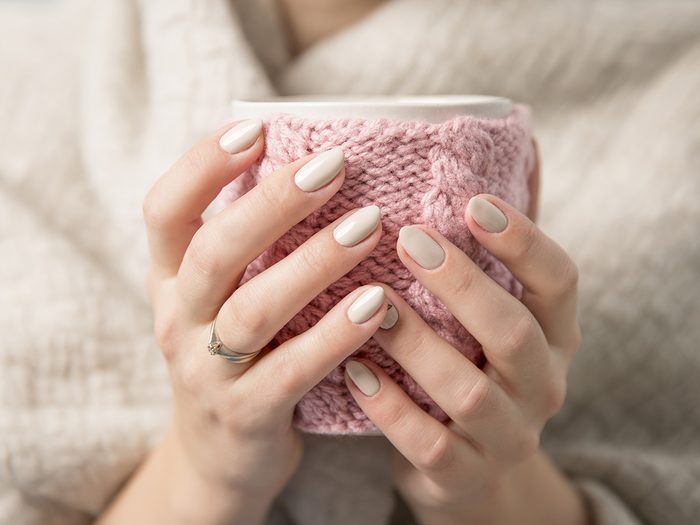
Hair and fingernails continue to grow after we die
Creepy, but untrue: After death, the human body dehydrates and skin shrinks, exposing more of the nails and hair. The growth of hair and nails requires a complex hormonal interaction that just isn’t possible after death, according to a study.
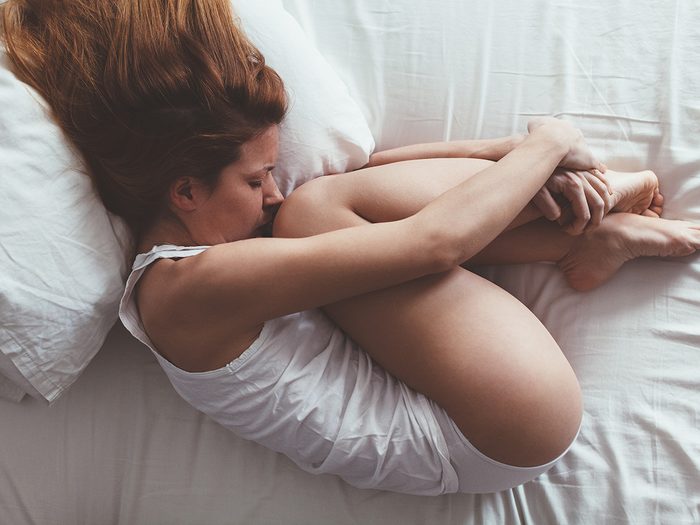
Sex is painful because you can’t relax
No, no, no. Once doctors have ruled out obvious causes for painful sex like an infection or poor vaginal lubrication, they may offer this explanation. But there are many reasons for painful sex, such as vestibulodynia — the most common cause of sexual pain in women under 50. This chronic vulvar pain doesn’t have a clear cause — or cure. Any kind of touch or pressure can trigger discomfort, whether it’s sex, toilet paper, or tampons, according to Harvard Medical School. Topical treatments and avoiding tight-fitting clothing can help; the condition can clear up on its own, though it can take months or even years. Here are some other surprising reasons for painful sex.
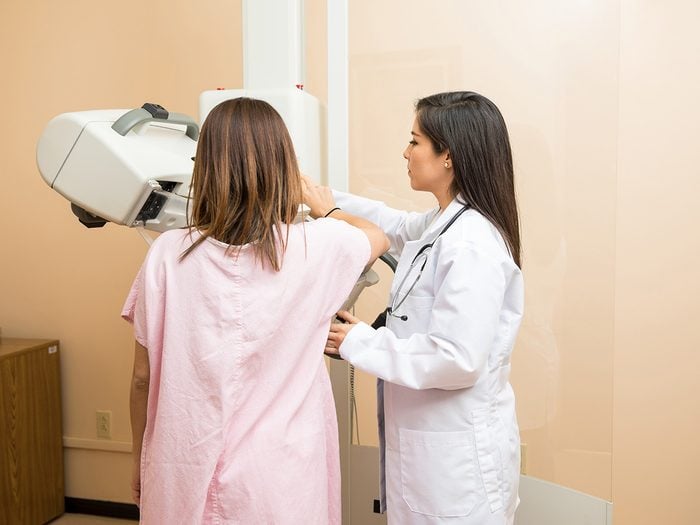
If you don’t have a maternal history of breast cancer, you’re low risk
According to the National Breast Cancer Foundation, only about 10 per cent of those diagnosed with breast cancer have a family history of the disease. And among those, it’s not just mom that matters: Although many doctors were taught to ask about a woman’s mother when calculating breast cancer risk, we now know it’s possible to inherit problematic genes from your father’s or your mother’s DNA. Here, all of your questions about breast cancer are answered.
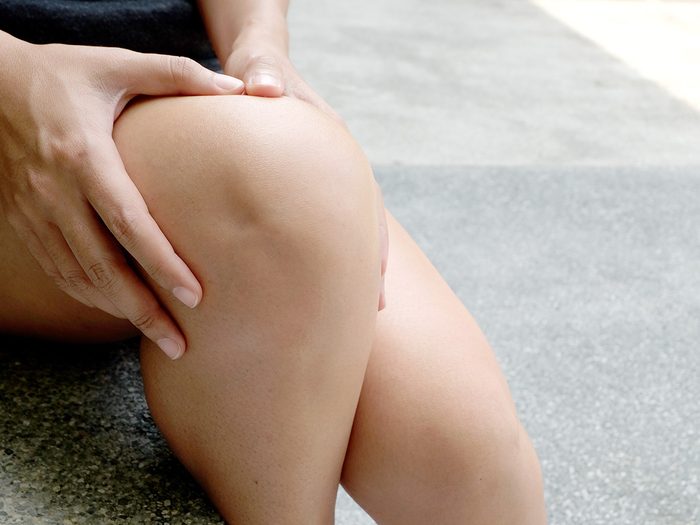
If you have osteoarthritis of the knee, get surgery
Several landmark studies discovered that people do just as well — or better — when they skip surgery and just do physical therapy. Arthroscopic knee surgery, a commonly performed orthopedic procedure in the United States, may only be effective for a narrow group of people with chronic knee pain, according to the results of a study published in the New England Journal of Medicine. This adds to earlier research suggesting that the procedure may be unnecessary for most people with knee osteoarthritis.
Want to know more about your treatment options? Here’s the truth.
